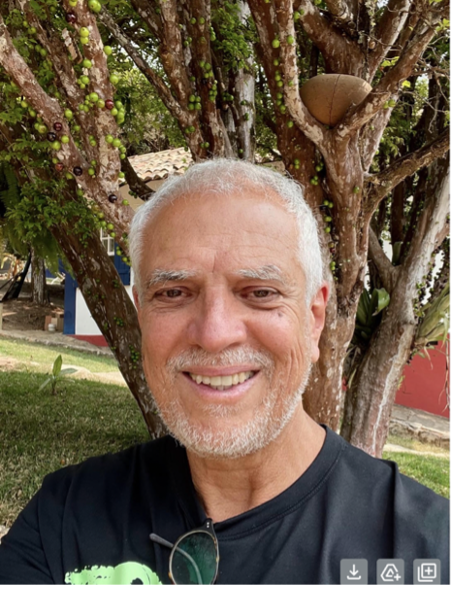

This talk will explore the intersection of cybernetics and education, with a specific focus on architectural education. The aim is twofold: first, to examine how cybernetics can enhance the creation of learning environments that encourage collaboration and the process of “learning to learn.” Second, to discuss how architecture, both as a discipline and as a physical construct that articulates constraints and openness, can serve as an additional model for cybernetics when it comes to the question of freedom. A series of educational experiments carried out in Brazil, some inspired by Stafford Beer’s Team Syntegrity model, will be presented. These case studies illustrate how cybernetics, in practice, can provide a structure for learning how to learn, fostering collaboration and creativity towards freedom.
Recording link:
Speaker Bio
José S. Cabral Filho is an architect and a semi-retired professor at the School of Architecture at the Federal University of Minas Gerais (Brazil). His research focuses on the liberating potential of technology, seeking a far-reaching adoption of play in digital design, using games as a framework for the coexistence of determinism and non-determinism. His main interests include the philosophy of Vilém Flusser, Second-Order Cybernetics, as well as architectural-performance and electronic music.
Prof. José dos Santos Cabral Filho,
Escola de Arquitetura da UFMG
https://sites.arq.ufmg.br/ea/
(+55) 31 99890 9024
